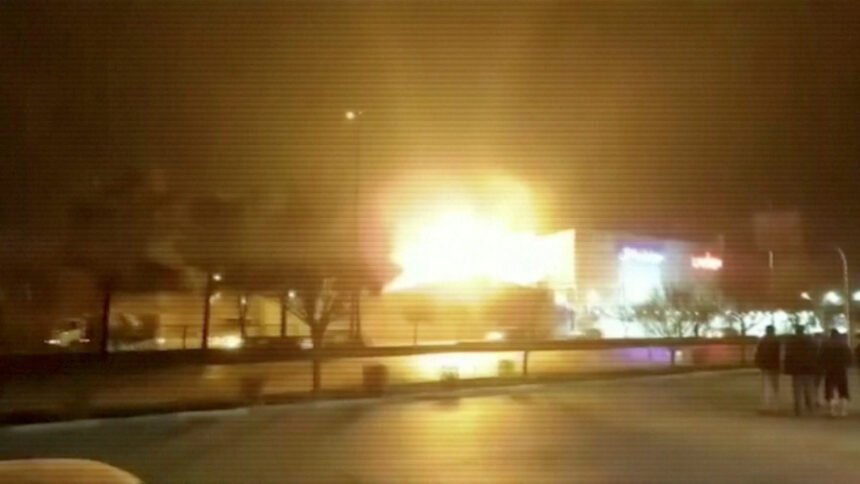The Israeli airstrikes targeting nuclear and military facilities in Iran have triggered immediate shockwaves on the international stage. This act has sparked a wave of uncertainty that is already being felt in the global economy and has provoked strong reactions from major world powers. As the world anxiously awaits Iran’s response, the initial economic and political consequences are already visible across continents.
Following confirmation of the strikes, Brent crude oil prices surged dramatically by over 9%, surpassing $98 per barrel — the highest level recorded this year. This sudden spike has rattled investors, who fear that a further escalation could lead to the closure of the Strait of Hormuz, one of the world’s most critical oil transit routes, through which over one-fifth of global oil supply flows.
This development has amplified uncertainty in energy markets, fueling concerns of a potential global energy crisis.
The international financial landscape responded swiftly, with major stock indices plunging. Japan’s Nikkei dropped 1.6%, Germany’s DAX fell by 1.4%, and the UK’s FTSE 100 shrank by 1.2%. In the United States, the Dow Jones lost 0.8%. Investors are seeking refuge in safe-haven assets like gold and U.S. government bonds, signaling heightened risk aversion.
In the aviation sector, numerous international airlines — including Lufthansa, Emirates, and British Airways — have rerouted flights to avoid Iranian and Iraqi airspace. This precaution follows growing concerns over airspace safety in the region.
International aviation agencies have issued conflict zone warnings, stressing the increasing danger of aerial incidents if the situation deteriorates further.
Global reactions to the airstrikes have been swift and severe. The European Union has called for immediate restraint and warned of the risk of further regional destabilization. While the United States confirmed it did not participate in the attacks, it reiterated Israel’s right to self-defense.
Meanwhile, Russia and China have harshly condemned the strike, demanding an immediate halt to military actions. Turkey, Qatar, and Saudi Arabia have engaged in intensive diplomatic consultations to prevent further international involvement in the crisis.
Experts warn that Israel’s strike could have serious consequences for Middle East stability. If Iran responds militarily, it could trigger a broader chain reaction involving groups like Hezbollah in Lebanon, militias in Iraq, and the Houthi rebels in Yemen.
This may prove to be a decisive moment — one that will determine whether tensions will subside or escalate into a widespread regional war with direct implications for global stability.






